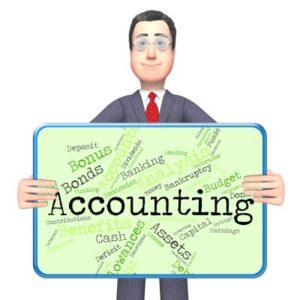If you’ve started a business you probably don’t need us to tell you how important VAT is. When you run a company or you’re starting a business then you know that VAT is a big issue – and that there are serious penalties if you do not comply with the procedures and legislation. Unfortunately, claiming ignorance of the VAT rules is no excuse if you are found to be in breach of them.

So, get your VAT procedures right from the start. You’ll have one less thing to worry about and you can be sure that you will avoid any problems, financial or otherwise. Here are the key pointers for a start. It is always a good idea to consult a professional accountant to check that you are on the right track, and to find out how to effectively deal with your VAT responsibilities, whatever the size of your company.
- Scope of VAT
VAT – Value Added Tax – covers transactions where you have a supply of goods or a supply of services, which was made in the UK, and which was made by a person who is taxable, and which is undertaken as part of a business.
- Inputs and Outputs
Output VAT, according to accountants in glasgow, is the VAT charged by a business on a sale. These sales are called outputs. Input VAT is charged on the goods and services which are bought by the business. Input VAT can be deducted as a proportion of the VAT output which is owed by the business.
- VAT on Supplies
There are two types of supplies which are either zero rated or standard rated. Some supplies are also listed under a section that gives an additional 5 percent deduction, although this is quite specific. Supplies may also be exempt from taxation. it is worth remembering that if your business is only dealing with exempt supplies the company cannot be registered for VAT, and the business cannot subsequently get any input tax back. This is not the same for zero rated supplies, as for these you can recover input tax.
- VAT Registration
You need to complete a VAT registration when your taxable supplies go over a limit of £85,000 – this is the figure from April 2017, and it is set annually. There is also the opportunity to voluntarily register if your supplies are less than this.
Accountants in glasgow:
Image: Image courtesy of Stuart Miles/ FreeDigitalPhotos.net
Categories: Taxes
 6 Pieces of Advice to Help You File Your Taxes
6 Pieces of Advice to Help You File Your Taxes
Leave a Reply